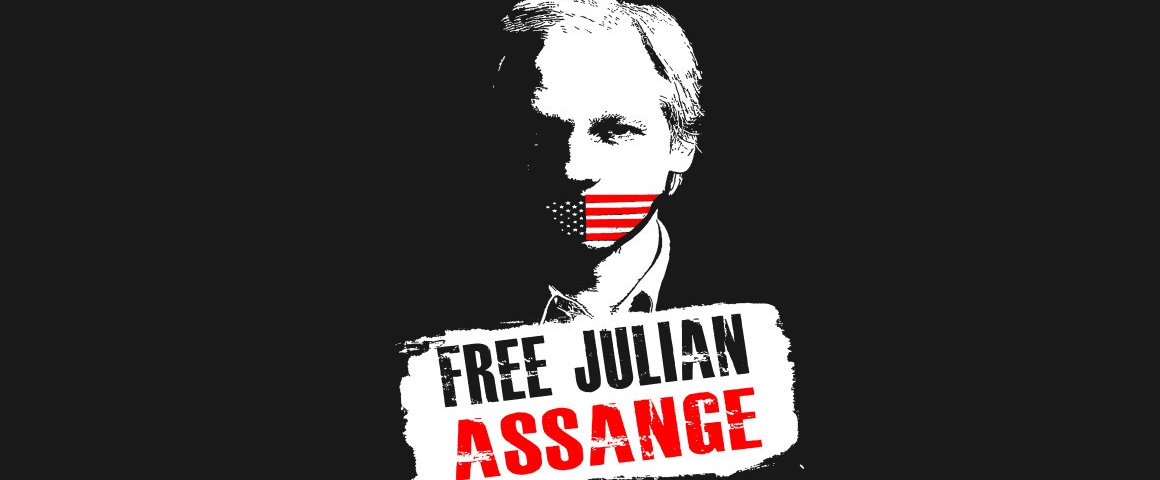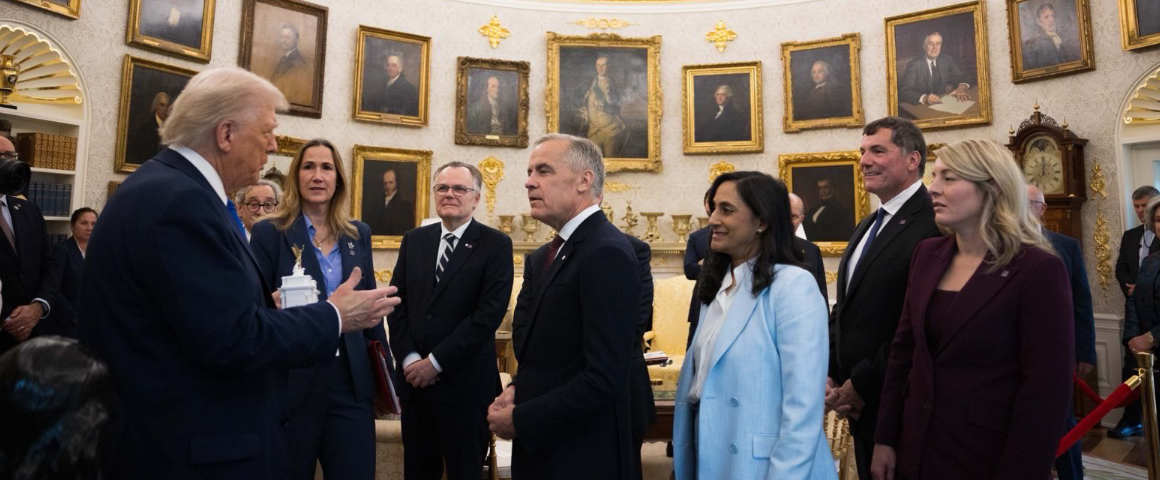Around the world, as the contradictions of capitalism sharpen, people are becoming more critical of a system that doesn’t provide their needs and which shifts more and more wealth and power into the coffers and board rooms of a tiny few.
But those in control never give up their power without a massive fight. So, while growing popular discontent puts ever increasing numbers into the streets, the ruling class and their political allies are pushing back hard.
One area that faces escalating state harassment and repression is progressive media. Journalists and publications that promote solidarity with people’s struggles, or that publish research and analysis which undermines the ruling class, are increasingly targeted for silencing.
In the United States, the new government of Joe Biden didn’t waste time in appealing a British judge’s decision to not extradite Julian Assange to face charges of espionage. Assange’s ‘crime against capitalism’ was publishing leaked US military and political documents on Wikileaks – telling people around the world about the crimes of US imperialism. As the target of a decade-long legal vendetta, he has now faced attacks from three US presidents. Clearly, the bipartisanism that US politicians cannot achieve to confront crises like the coronavirus pandemic or climate change is the default position when it comes to suppressing journalists like Assange.
If extradited, Assange faces conviction and a possible 175 years in prison in the US.
In India, continuing protests by farmers against neoliberal reforms to the agricultural sector have become the country’s largest uprising since independence from Britain. The farmers have received massive solidarity and support throughout the country and around the world. The far-right government of Nahendra Modi – which is desperate to disperse the farmers, discredit their struggle and liquidate their organizations – has labelled the protests “anti-state and anti-national,” clearing the way for mass arrests.
State tactics include police probes against journalists who have supported the farmers’ struggle. One of the targets is progressive news portal NewsClick, which has extensively covered the farmers’ protests and has been a key factor in building solidarity throughout India and around the world. On February 9, police raided the organization’s offices and the homes of its editorial staff. This is clearly an effort to criminalize dissent and is another step in Modi’s march toward imposing his reactionary and fascistic agenda on India.
Shamefully, the Canadian government has been complicit in both of these examples. In the case of Assange, Canada’s response has been silence so conspicuously deafening that it can only be understood as intentional. For example, while co-hosting a conference on media freedom just three months after Assange’s 2019 arrest, then Foreign Affairs Minister Chrystia stated that Canada and Britain were “working together to defend media freedom and improve the safety of journalists.” She made no mention at all of Assange.
As for NewsClick, just two days after the raid Justin Trudeau commended Modi and said his response to the protests was “befitting in democracy.”
This publication stands in solidarity with progressive media and journalists like Julian Assange and NewsClick. We call on the Canadian government to speak up now for Assange’s freedom, for an end to the raids in India and for an end to attacks on progressive media.
[hr gap=”10″]
Get People’s Voice delivered to your door or inbox!
If you found this article useful, please consider subscribing to People’s Voice.
We are 100% reader-supported, with no corporate or government funding.




